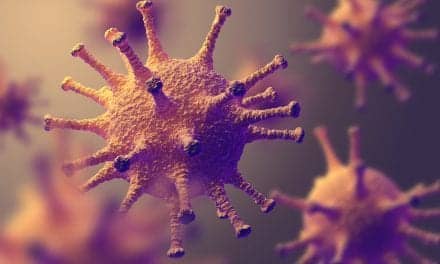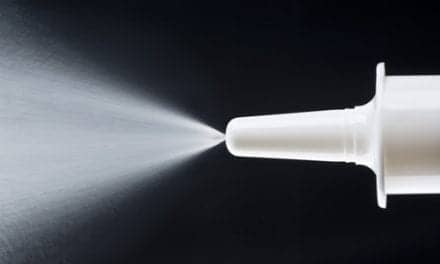Sanofi-Aventis Group, Lyon, France, has data showing that its experimental H5N1 influenza vaccine is highly effective at a low dose, enabling the company to stockpile billions of doses in the event of a flu epidemic.
Results are based on analysis of a clinical trial conducted in Belgium. The trial involved 266 healthy adults, 18 to 40 years of age. The vaccine tested was produced from inactivated H5N1 virus and contains a new, proprietary adjuvant aimed at stimulating the immune system to increase the response to the vaccine. Trial participants received two doses of each formulation. Four levels of antigen dose were tested, with 1.9 μg being the lowest dose.
The vaccine containing only 1.9 μg of antigen generated a high level of seroprotective immune response in over 70% of the participants in a clinical trial and, in the same clinical trial, vaccine containing 3.75 μg of antigen generated a high level response in over 80% of the participants.
Preliminary data also show good cross-reactivity to a more recently circulating H5N1 strain. Further assessment of the ability of this vaccine to provide cross-protection to variants of the H5N1 strains is ongoing.
In the event of a pandemic being declared by the World Health Organization (WHO), Sanofi Pasteur has committed to producing the largest possible number of doses of its most advanced flu vaccine in the shortest possible time. According to WHO, the next flu pandemic could result in as many as 2.3 million hospitalizations and up to 650,000 deaths in industrialized nations alone.
To see full release, click here.









